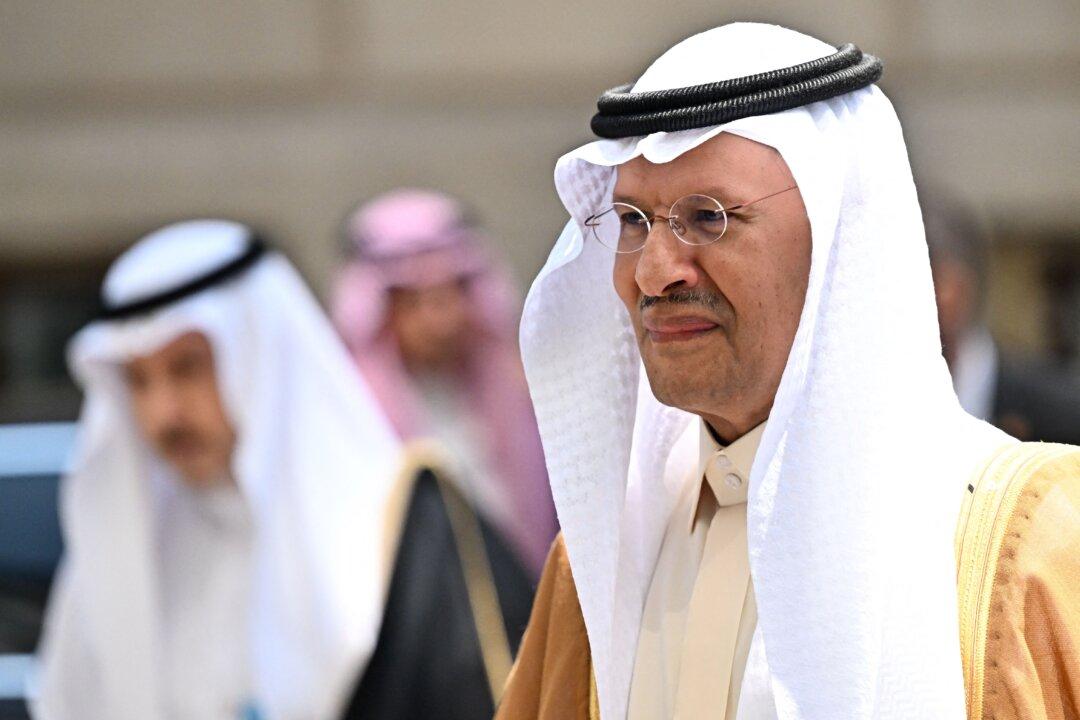OPEC countries and their partners, known as OPEC+, showed their commitment to higher oil prices at their meeting in Vienna on June 4.
Following their meeting, OPEC+ members extended their voluntary supply cuts until the end of 2024, which were first announced in April and were supposed to expire at the end of 2023, according to the Saudi Press Agency, the official news agency of the kingdom.





